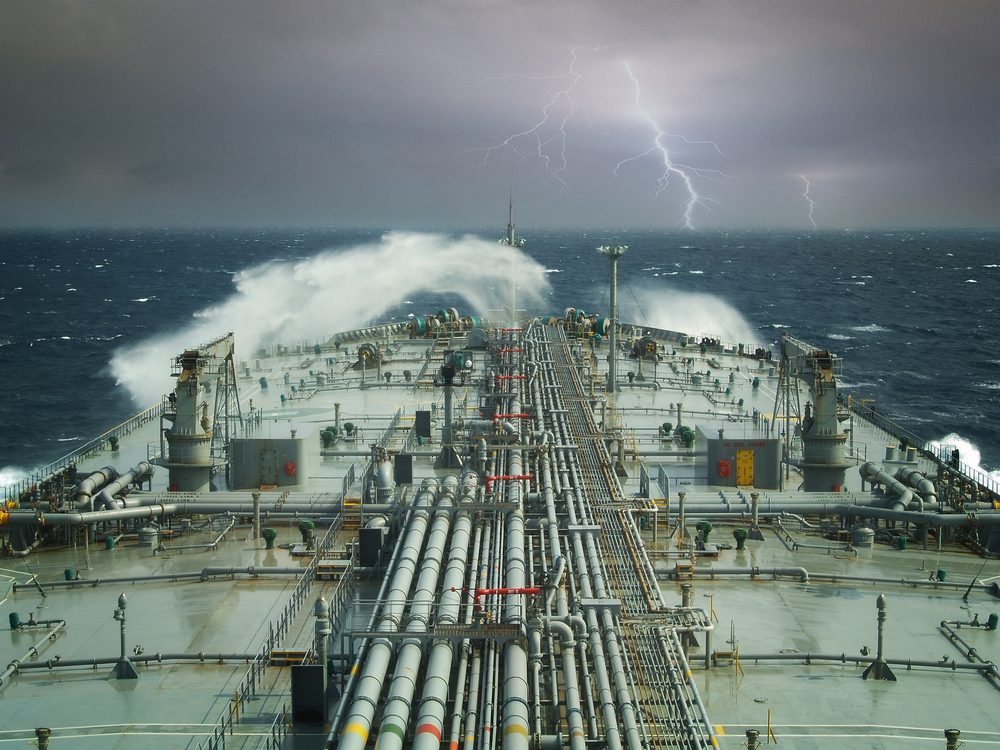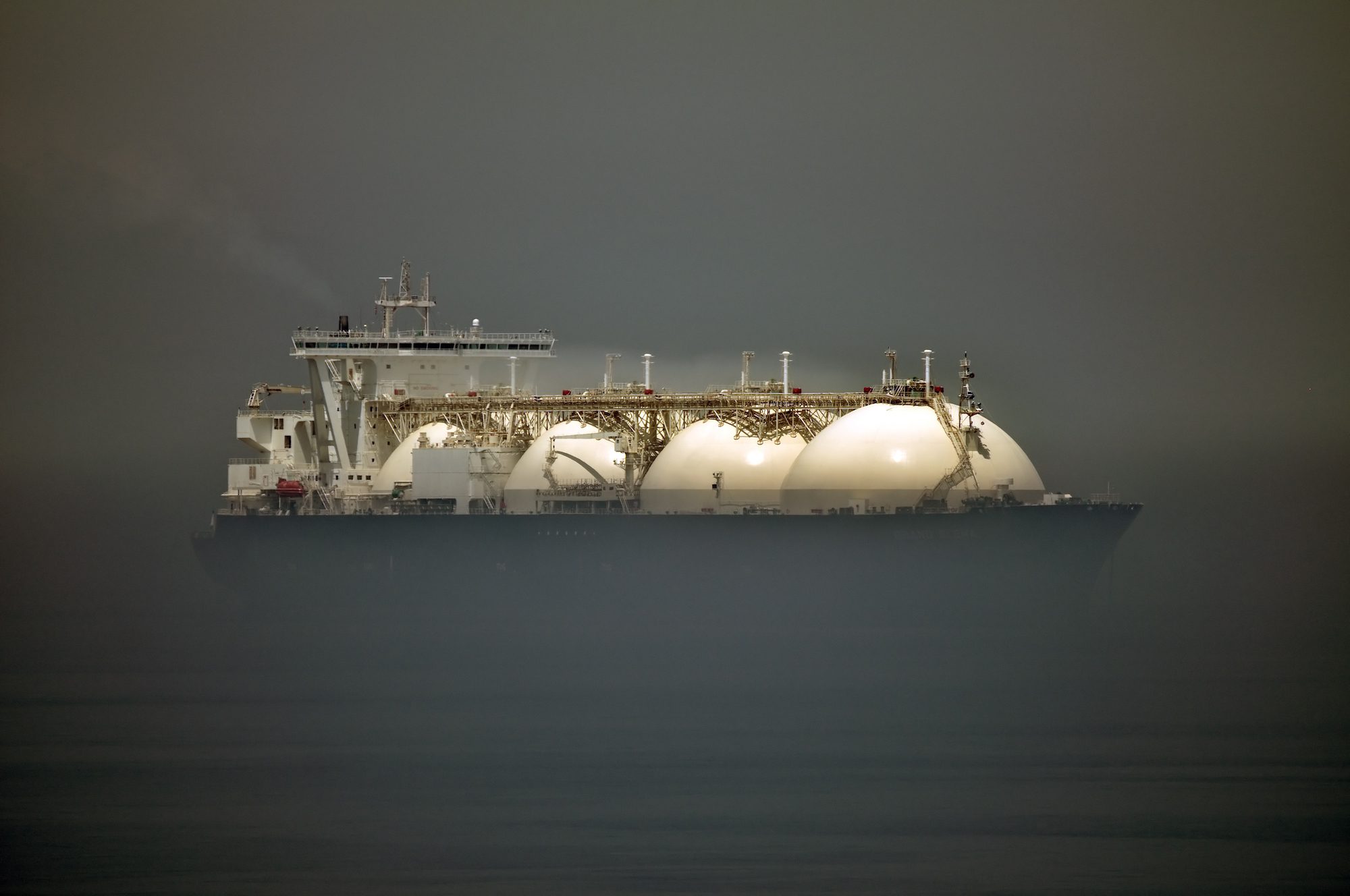By Isaac Arnsdorf
Oct. 1 (Bloomberg) — Charter costs for tankers hauling 1 million barrels of oil fell to the lowest in at least 16 years as the glut of vessels seeking cargoes leaves owners accepting rates that fail even to cover fuel expenses.
Suezmax earnings turned negative for the first time since at least 1997, dropping to $3,456 a day, according to data from Clarkson Plc, the world’s largest shipbroker. With as many as 15 vessels competing for each shipment, owners are taking bookings just to reposition their tankers or avoid idle time, Jonathan Chappell, an analyst at investment bank Evercore Partners Inc. in New York, said today.
The Suezmax fleet is growing fastest and has the most orders of any tanker type, weighing on booking rates even as demand expands. The fleet swelled 41 percent since 2008 because owners ordered too many ships before the global recession. While returns won’t stay below zero because owners will start refusing cargoes, they’ll probably remain under operating costs in the next several weeks, Chappell said.
“There’s a lot of excess capacity,” he said by phone. “Getting some money is better than nothing. It’s a long way away from profitability.”
Suezmaxes need $9,681 a day to cover running costs such as crew and maintenance, according to Moore Stephens LLP, an industry consultant. Ship fuel, known as bunkers, rose 3.8 percent since the start of July to $609.76 a metric ton, data compiled by Bloomberg showed.
Shipyard Orders
The global Suezmax fleet will expand 6.9 percent this year, faster than any other type of crude carrier, to 73.1 million deadweight tons, Clarkson estimates. Outstanding orders at shipyards still equal 11 percent of existing capacity, more than for other tankers, according to data from IHS Maritime, a Coulsdon, England-based research company.
Spot bookings for Suezmaxes rose 15 percent to 188 in September from a year earlier, and last week’s tally of 61 was the highest since July, when earnings approached $20,000 a day, Clarkson data show. Demand for the vessels will gain 1.8 percent this year to 8.1 million barrels a day while shipments to North America from West Africa shrink 5 percent, Clarkson estimates. U.S. domestic oil output is displacing imports from West Africa, formerly the biggest Suezmax trade route.
Copyright 2013 Bloomberg.

 Join The Club
Join The Club











